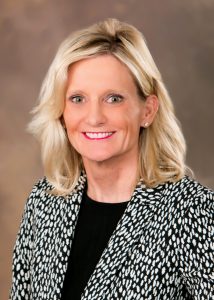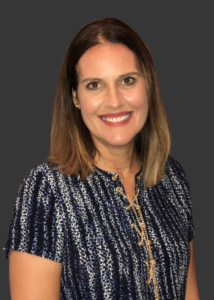By Andrej Kovacevik
Corporate demand for project managers is growing at a rapid rate of pace.
Talented people will be needed to fill the numerous project management positions that are becoming available; and industry insiders expect to see women stepping up to fill a significant percentage of these roles.
The Association for Project Management reports that female project managers tend to be younger and less experienced than their male counterparts. For the new female executives who are entering the field, we offer this list of 6 important things female project managers need to be aware of:
1. The Scope of Your Projects Might Change
Often, an executive or group of executives from your hiring organization will set parameters for the scope of the project you’ve been selected to manage. In a perfect world, you’d work within the scope of those parameters to complete your project. But according to Elizabeth Harrin at A Girl’s Guide to Project Management, you can’t always count on things to work out so neatly. She points out that most projects evolve through 4 formal versions of scope before their conclusion. Be flexible in your anticipation of this reality.
2. Managing Expectations Is an Essential Part of the Job
Whatever project you’re managing could potentially bring huge changes for a whole bunch of stakeholders in your hiring organization. Does everyone fully understand the implications of what’s coming? Probably not. As the project unfolds, do your best to help your colleagues get a handle on what the new normal is going to look like going forward. Be proactive about making any dramatic transitions as painless as possible for all stakeholders involved. How you handle this can make a massive difference in whether your leadership is perceived as a success or a failure by the end of the project.
3. It’s Crucial to Share Big-Picture Goals With Other Stakeholders
It’s easy for colleagues to succumb to tunnel vision and entirely miss what the main objectives for a project might be. Creating a mindmap can help to explain what’s going on and to get everyone else on board. It’s a big win if you can get all the relevant stakeholders involved in your project to understand the big-picture goals and buy in from the beginning.
If there are people who aren’t buying in, it is helpful to identify them early on and figure out the reasons for their opposition. Perhaps they even have valid reasons that should be addressed. Don’t ignore the naysayers. It’s better to work with them towards a resolution.
Obviously, you’ll first have to understand your project’s big-picture goals in order to communicate them effectively to your team. This shouldn’t be a problem — but for many project managers, it is. You might be surprised to learn that 80 percent of all project managers don’t fully understand the subtleties of how their projects support their hiring organizations’ business strategies, according to capterra.com. So if you don’t have a clear understanding of the primary motivators, you’ll have to do your homework so you can effectively educate both yourself and your team.
4. There’s a Whole Bunch of Jargon You’ll Need to Decipher
If you haven’t already earned a Master of Project Management degree, you might not be thoroughly educated about all the PM terminology that you’ll encounter as you work your way through your projects. Smartsheet.com offers a helpful glossary of project management terms you’ll want to be sure to familiarize yourself with.
5. The Role of Project Manager Is Changing in Ways That Favor Women’s Skills
According to experts at the international association of project managers, the vocation has evolved significantly over the course of the last several decades. They explain that, 20 years ago, the job of project manager was perceived as macho. Currently, in contrast, emotional intelligence is one of the foremost qualifications that top executives seek in a project manager. Today’s project managers need to excel in diplomacy, resourcefulness and creativity — a skillset that comes as naturally to women as it does to men. The pressure to be macho is now out of the picture. And, accordingly, the numbers of female project managers has been growing and is expected to grow more in the future.
6. You’ll Need to Cultivate a Professional Network
Elise Stevens, writing on behalf of the Project Manager website, explains that women will find better opportunities in the long term if they establish and nurture their own professional networks. In her opinion, one main advantage of networking is having the opportunity to better understand what leaders desire in managers and project leaders. Her network has also opened up new opportunities that would not have become available to her otherwise.
As a management professional, you cannot expect to succeed if you’re isolated on your own island. You’ll constantly need to turn to others to solve problems, find needed resources, delegate tasks and seek input. When you’ve cultivated a network, it’s much easier to accomplish all these things.
Of course, these are not the only things female project managers urgently need to know; but these are some of top things that tend to take women by surprise when they are new to project management. The sooner you wrap your head around these 6 things, the better the outcome will be for the projects you’ll manage in the course of your career.
Disclaimer: The views and opinions of guest contributors are not necessarily those of theglasshammer.com





